
Autism in the Hospital-Supportive Strategies for Sensory, Communication and Behavioral Challenges – Susan Hamre
$56.00
Autism in the Hospital-Supportive Strategies for Sensory, Communication and Behavioral Challenges – Susan Hamre Download. Whether the medical appointment i…
Salepage link: At HERE. Archive:
- Sensory, communication and behavioral challenges that impact successful medical treatment
- Strategies for ER triage, routine hospital visits, surgery and more
- Roadmap for treating a non-verbal, non-responsive individual with autism
- ‘Stimming’ behaviors as a strategy
- Subtle sign of less obvious ASD
Do you know how to give medical attention to a patient with autism who:
- Can’t answer your questions or identify levels of pain?
- Refuses to have blood drawn, give urine a sample, do dialysis or CT/MRI scan?
- Attempts to pull out lines or pull off bandages?
- Fights you off with piercing screaming and flapping of the arms?
- Can’t tolerate your touch and or make eye contact with you?
- Won’t stop running out of the treatment room?
- Refuses medication?
Whether the medical appointment is scheduled or it’s a trip to the emergency room the hospital can be a sensory minefield for someone with autism causing them to spiral toward a terrifying meltdown. Sedation and four-point restraint are not practical solutions.
Your connection to your autism patient will depend upon how quickly you can move into their world. Through case examples, videos and lively class discussion you will walk away with practical strategies for successful medical treatment of an individual with autism, such as:
- Hospital/EMT equipment to help support sensory needs
- Overcoming the most common sensory triggers
- Communication cards, checklists and Apps as visual supports
- Social stories to break down hospital/EMT procedures
- Navigate ER triage, routine hospital visits, labs and tests
- What to do when a meltdown occurs
- Calming techniques
- Utilize strategies to de-stimulate the ‘sensory minefield’ in your medical setting.
- Determine specific calming techniques that meets the need of your patient and increase the success of the medical experience.
- Identify critical questions to ask caregivers which can enhance the success of your treatment.
- Develop your ability to recognize a patient with undeclared and/or less obvious ASD.
- Characterize aspects of ASD that can interfere with a successful medical experience.
- Implement communication cards, social stories and visual supports to communicate with individuals who are non-verbal/under responsive.
Autism in Medical Settings: Challenges and Supportive Strategies
- Sensory Integration Challenges
- Stimulation dysregulation (hypo/hyper)
- Seeking/avoiding/both
- Processing functions
- May not process nor perceive pain
- Common triggers within the hospital/ER environment
- Your hospital/ER as a ‘sensory minefield’
- Sensory Strategies
- Patient passport with sensory triggers listed
- Quickly create ASD friendly environment
- Allow sensory needs to occur to prevent a meltdown
- How to avoid most common sensory triggers
- Hospital equipment to help support sensory needs
- Social / Communication Challenges
- Social interaction holds the ‘key’… or not
- Literal translation of spoken language
- When they are non-verbal or unable to read body language
- Delayed auditory processing
- Impact of anxiety on communication
- Non-compliance and verbally offensive
- Social/Communication Strategies
- Communication cards, checklists and Apps as visual supports
- Social stories to break down hospital procedures
- Their interests or repetitive behaviors to generate your ‘connection’
- Make allowances for family to be nearby
- Behavior Challenges
- Noting functions of behavior
- May bolt/escape/elope
- Aggression occurs as anxiety increases
- Might resist restraint
- Anxiety may increase when transport is needed intolerant of transitions in general
- Likely to be resisting lack of known/familiar routine
- Attempt to pull out lines, pull off bandages, etc.
- Refuse medication
- Behavioral Management Strategies
- Is it a meltdown or tantrum?
- Know the child’s triggers
- Plan ahead to avoid triggers
- Specific calming techniques
- What to do when a meltdown occurs
- Navigating ER triage, routine hospital visits, labs and tests
- Visual schedules for what is going to be happening
- Strategies for loud noises and being touched
- Visual timetables and timers for transitions/ changes
- Motivation and reward systems that work
- What you need to know about non-sensory triggers
- ‘Stimming’ as a calming technique
Here's an overview of the prominent keywords and a list of famous authors:
Business and Sales: Explore business strategies, sales skills, entrepreneurship, and brand-building from authors like Joe Wicks, Jillian Michaels, and Tony Horton.
Sports and Fitness: Enhance athleticism, improve health and fitness with guidance from experts like Shaun T, Kayla Itsines, and Yoga with Adriene.
Personal Development: Develop communication skills, time management, creative thinking, and enhance self-awareness from authors like Gretchen Rubin, Simon Sinek, and Marie Kondo.
Technology and Coding: Learn about artificial intelligence, data analytics, programming, and blockchain technology from thought leaders like Neil deGrasse Tyson, Amy Cuddy, and Malcolm Gladwell.
Lifestyle and Wellness: Discover courses on holistic health, yoga, and healthy living from authors like Elizabeth Gilbert, Bill Nye, and Tracy Anderson.
Art and Creativity: Explore the world of art, creativity, and painting with guidance from renowned artists like Bob Ross and others.
All the courses on WSOlib are led by top authors and experts in their respective fields. Rest assured that the knowledge and skills you acquire are reliable and highly applicable.
Specification: Autism in the Hospital-Supportive Strategies for Sensory, Communication and Behavioral Challenges – Susan Hamre
|
User Reviews
Only logged in customers who have purchased this product may leave a review.

$56.00


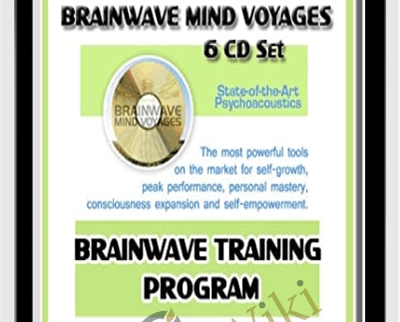
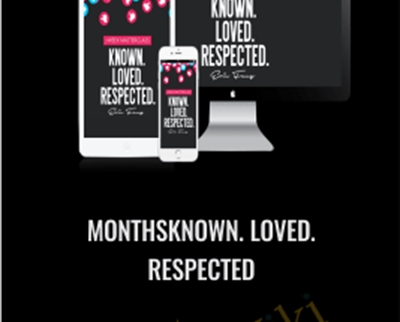

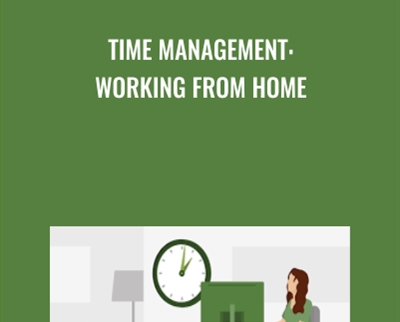
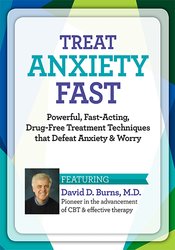
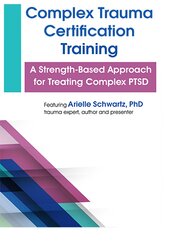
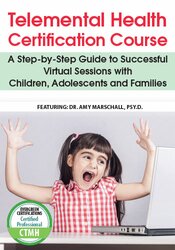

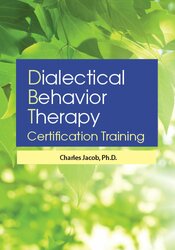
There are no reviews yet.